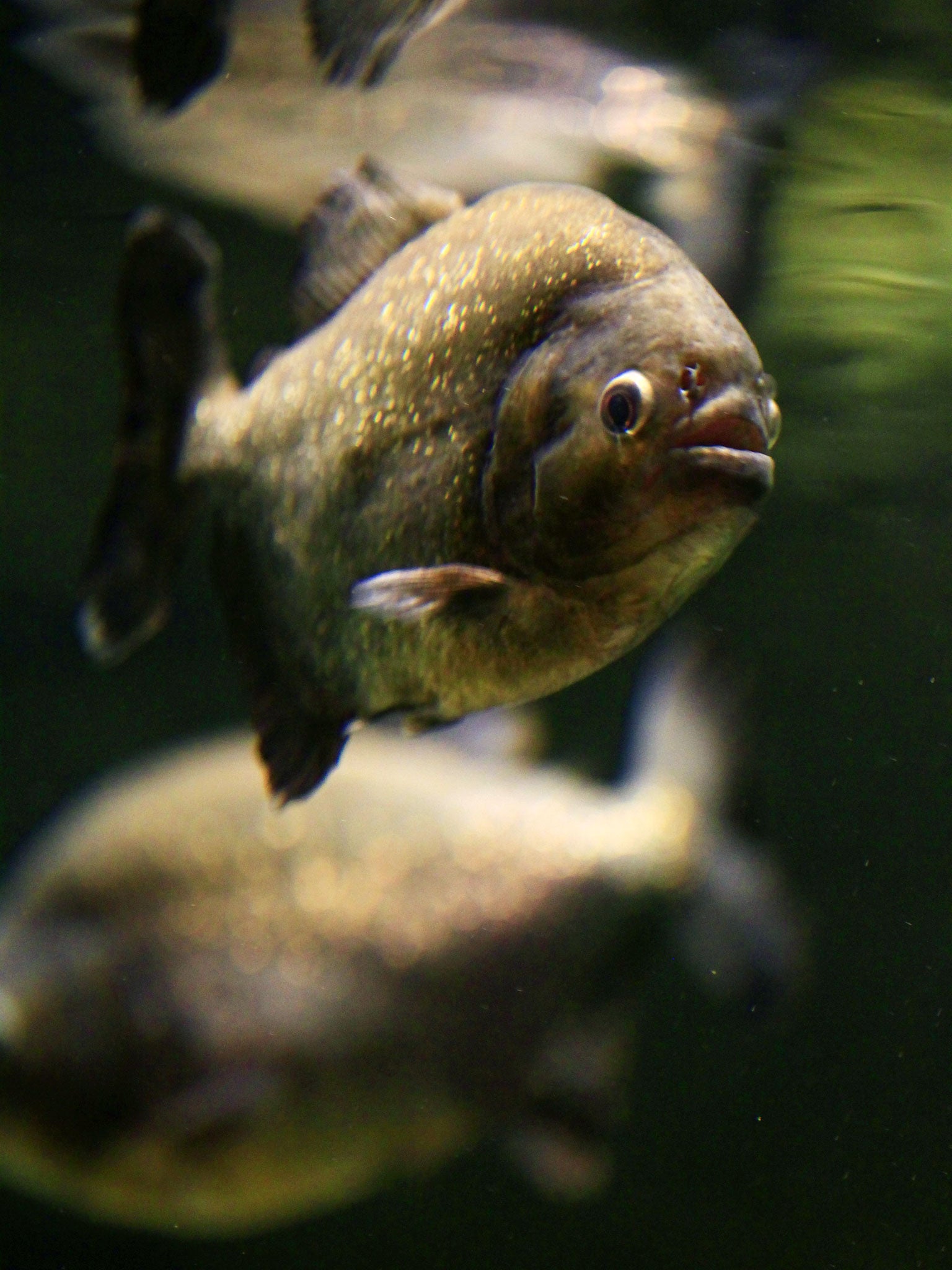Ten people wounded by flesh-eating piranhas while bathing in Argentina
The fish already injured swimmers cooling down from the heat last month

At least 10 people, including a young boy, have been injured by piranhas in Argentina since Thursday, in the second spate of attacks in less than a month.
The carnivorous fish, known as palometas, have been attacking swimmers at the popular beach on the Paraná River in Rosario, 185 miles (300km) northeast of Buenos Aires.
Federico Cornier, the Director of Lifeguards in the city, described the fish as “a type of piranha, big, voracious and with sharp teeth that can really bite”.
In December, 70 bathers were bitten by the fish as they tried to cool down when summer temperatures reached an unusual high of 38C (100F).
During the attack, the piranhas bit off part of a seven-year-old girl’s finger, while other swimmers suffered deep cuts to their ankles and hands.
Read more:
Experts told the Buenos Aires Herald that the fish are in the area due a combination of high temperatures and lower numbers of caimans, which the piranhas usually prey on.
Health authorities in the area have warned that palometas are attracted by wounds and blood.
Read more:
Join our commenting forum
Join thought-provoking conversations, follow other Independent readers and see their replies
Comments
Bookmark popover
Removed from bookmarks